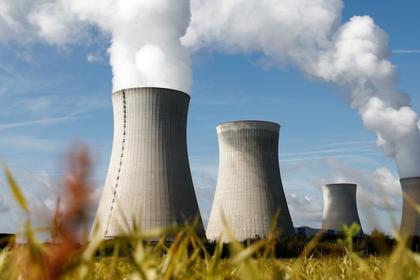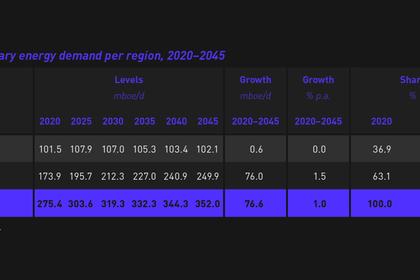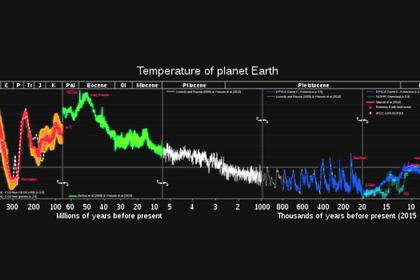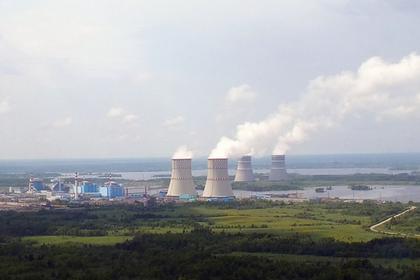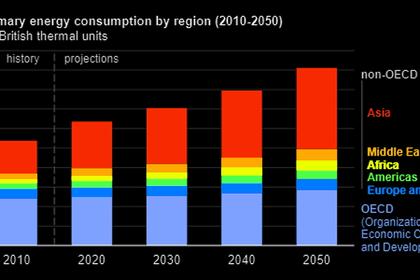
SUSTAINABLE NUCLEAR POWER
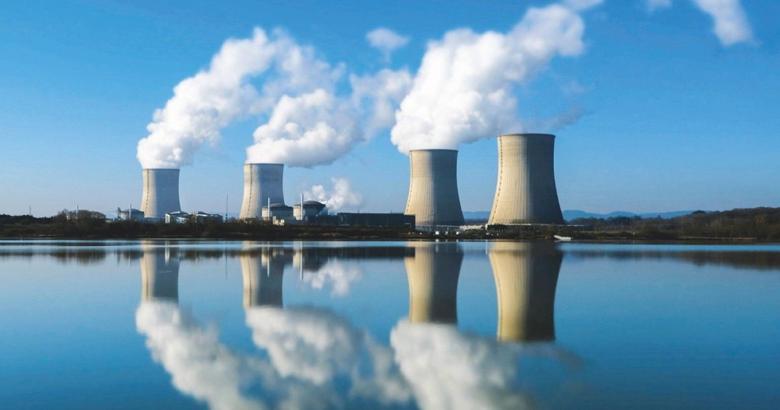
WNN - 27 January 2022 - World Nuclear Association commends the recent publication of the Complementary Delegated Act that recognises the fundamental sustainability of nuclear energy and elevates it into the EU’s sustainable finance taxonomy. Now the Commission must demonstrate its commitment to a truly technology neutral framework and make sure that criteria are consistent and scientifically justified, says World Nuclear Association Director General Sama Bilbao y León.
In 2021, nuclear energy produced about one-quarter of the electricity in the EU, roughly half of its low-carbon electricity. With modest investment, most of the region's existing nuclear power plants could continue to operate for a further 20 years or more, thus securing a large chunk of Europe's low-carbon electricity. Additionally, many European countries are also pursuing the construction of new reactors that would further aid them in reaching net-zero. Beyond the decarbonisation goals of the Paris Agreement, the need for more fuel-secure low-cost generation has come into sharp focus recently, as a gas shortage and a cold winter have sent electricity prices soaring.
Yet, the European Commission (EC) has been dragging its feet for years now on whether to include its largest source of clean electricity in its highly publicised Sustainable Financing Taxonomy, and has allowed what should be technology-neutral science-based legislation to become a political circus. The inclusion of nuclear in the EU taxonomy is vital for assuring institutional investors that nuclear projects are aligned with EU sustainability goals, and for unlocking access to low-cost government-backed green financing. In this context, the draft Complementary Delegated Act (CDA) proposed on 31 December 2021, which acknowledges the important climate contribution of nuclear plants and sets out criteria for their taxonomy eligibility, represents significant progress and is to be applauded.
It has been a long journey, but it is not over yet.
Two years ago in its final report, the Technical Expert Group (TEG) on Sustainable Finance stated that it did not have sufficient expertise to make a decision on whether to include nuclear energy in the taxonomy. After much dilly-dallying, the EC requested the Joint Research Centre (JRC), its independent science and technology service, to conduct an in-depth analysis of the sustainability of nuclear power. In March 2021, the JRC released a comprehensive report concluding that nuclear is no less sustainable than other technologies already included in the taxonomy, and late in June two other independent groups of experts broadly agreed with these conclusions.
For six months now, the EC has been in possession of the scientific verdict that nuclear energy is a sustainable energy source that can make a significant contribution to mitigating climate change. This was reinforced in a November 2021 report by the UN Economic Commission for Europe (UNECE), showing that the lifecycle impacts of nuclear energy are the lowest of all energy sources evaluated, including wind and solar.
But despite this strong scientific evidence, the proposed CDA implies that nuclear energy is only a "transitional technology", disqualifying its contribution to Europe's clean energy transition beyond 2045. The CDA also places unreasonable technology-specific constraints on nuclear projects that seem designed to greatly restrict those projects that qualify under the taxonomy, or to at least make the process unnecessarily complex, burdensome and uncertain. This includes a requirement for all currently operating and new reactors to use so-called 'accident tolerant fuel', despite the fact that this is not commercially available yet. It also sets arbitrary requirements on the availability of operational waste disposal facilities, which are outside of the control of nuclear developers and which may conflict with community-led siting processes, with no clear sustainability benefit. The EC also grants itself additional powers to determine on a case-by-case whether individual projects meet all the criteria.
The proposed CDA comes from DG FISMA, the financial arm of the EC. It is surprising that the directorate responsible for banking and capital markets feels comfortable making decisions on the type of nuclear fuel and the "best available" technology to be employed in nuclear power plants without appropriate consultation, overstepping the authority of national nuclear regulators and existing laws and regulations in the Euratom Treaty. The only body formally consulted on the proposed CDA is the EC's Platform on Sustainable Finance, a group of financial experts that includes some of the members of the Technical Expert Group that did not deem itself competent to reach a conclusion about the sustainability of nuclear energy two years ago. Its response to the EC, published on 24 January 2022, does not even mention the JRC assessment and shows that it has in fact learned nothing about the management of nuclear waste or the impacts of the broader fuel cycle.
In reality, the European regulators and the provisions of the Euratom Treaty that govern all aspects of nuclear energy generation, including the long-term management of used nuclear fuel and radioactive waste, are more than sufficient to ensure the safe and environmentally sustainable operation of nuclear facilities.
The most reputable projections and decarbonisation scenarios, including those from the Intergovernmental Panel on Climate Change (IPCC) and the International Energy Agency (IEA), concur that it would be much more difficult and expensive to reach net-zero without a significant contribution from nuclear power. Twelve EU countries have unequivocally stated their intention to include nuclear energy within their clean energy transition plans (Bulgaria, Croatia, Czech Republic, Finland, France, Hungary, Netherlands, Poland, Romania, Slovakia, Slovenia, and Sweden). They should be granted the tools to do so.
Nuclear power projects are capital intensive and they require a large initial investment that is paid back over several decades. However, they make profound and lasting contributions to sustainable development through the generation of affordable and clean electricity, by mitigating and improving resilience to the effects of climate change, and through the creation of long-term jobs. Access to affordable financing, such as that made available to those economic activities labelled as sustainable by the EU taxonomy, will be instrumental in minimising the total cost of nuclear projects and ultimately reducing energy bills for European consumers. Given the urgency and the sheer magnitude of the climate challenge, the EU should commit to a technology neutral financing framework and put in place scientifically rigorous and consistent criteria to optimise the deployment of all proven sustainable low-carbon technologies, including nuclear energy.
-----
Earlier:


